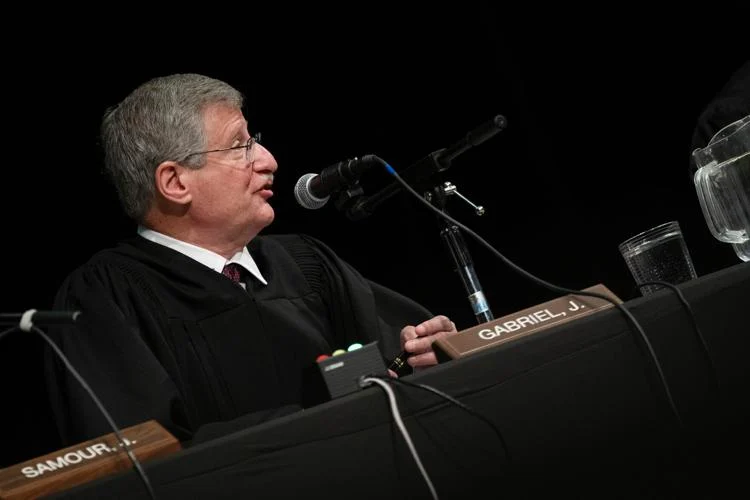
The Colorado Supreme Court has reaffirmed a key legal boundary in civil litigation, particularly relevant to the construction industry, by ruling that claims arising from a breach of contract cannot be repackaged as negligence claims — even in cases involving reckless behavior.
The high court sided with HIVE Construction, Inc., rejecting an attempt by Mid-Century Insurance Company to recover nearly $483,000 paid to a restaurant damaged by fire. The dispute hinged on whether Mid-Century could pursue a negligence claim — specifically citing “willful and wanton” conduct — despite the existence of a detailed contract between the parties.

The case stemmed from a 2017 fire at Masterpiece Kitchen, a Denver restaurant undergoing renovations. HIVE Construction had allegedly deviated from plans by using combustible materials in a wall next to a broiler, which subsequently caught fire and caused significant damage. Mid-Century, which insured the restaurant, paid out the loss and then sued HIVE for negligence.
A jury initially sided with Mid-Century in 2021, agreeing that HIVE’s actions were “willful and wanton.” However, the Court of Appeals reversed that verdict, citing Colorado’s long-standing “economic loss rule.” That rule dictates that when parties have a contract, financial disputes must be handled as breach of contract claims — not as torts like negligence — unless a separate legal duty outside the contract exists.
Mid-Century appealed, arguing that willful and wanton conduct should qualify as an independent legal basis for negligence, even in a contractual relationship. They further contended that HIVE had two separate duties: not to change materials per the contract, and more broadly, not to create a fire hazard.
But the justices rejected that reasoning.
“This is a very thorough contract entered into between two sophisticated parties,” Justice William W. Hood III said during oral arguments. “It had specific provisions about not substituting materials and, as I recall, spoke to this very issue.”
Justice Richard L. Gabriel warned about the implications of allowing plaintiffs to bypass contractual terms using tort law: “I would be concerned about completely undermining the parties’ expectation under their contract. ‘We thought we had a contract, we had detailed specification, we thought we covered it all. Now, you come and say, "Here’s my (negligence) claim for X million dollars."'”
The ruling emphasized the importance of contractual clarity, especially in construction, where precise allocation of risk is critical.
“The precise allocation of risk through contracting is of particular importance in the construction industry,” Gabriel wrote in the court’s April 21 opinion. “The parties thus memorialized in their contract the same duty that Mid-Century contended HIVE breached by deviating from the plans and design.”
Industry groups like the American Institute of Architects had previously weighed in on the case, warning that undermining the economic loss rule could lead to “numerous unforeseeable and unexpected claims for economic losses.”
The Supreme Court’s decision effectively reinforces Colorado’s economic loss doctrine, protecting negotiated contracts from being sidestepped by tort claims and offering greater predictability for builders and insurers operating in the state.
Originally reported by Colorado Politics.